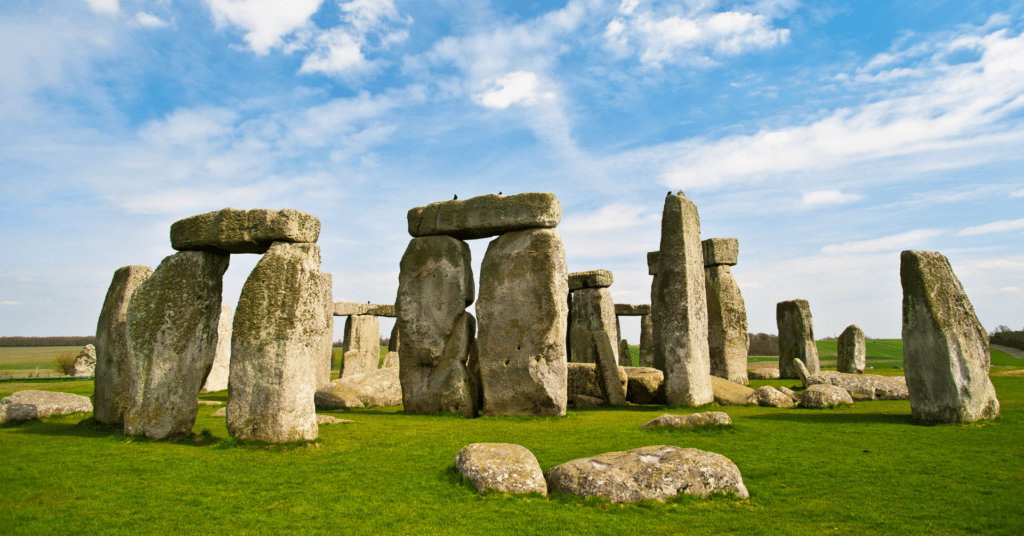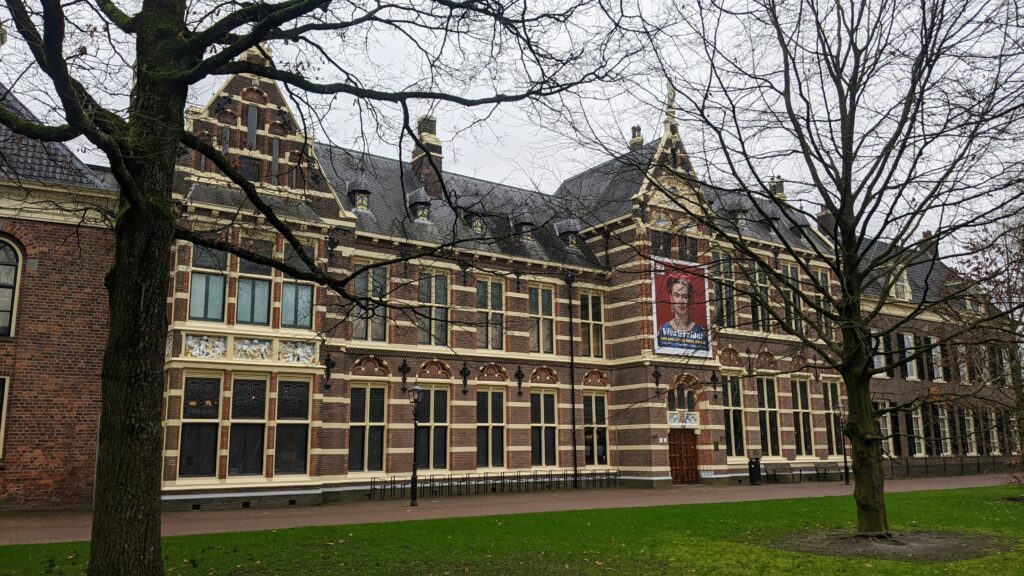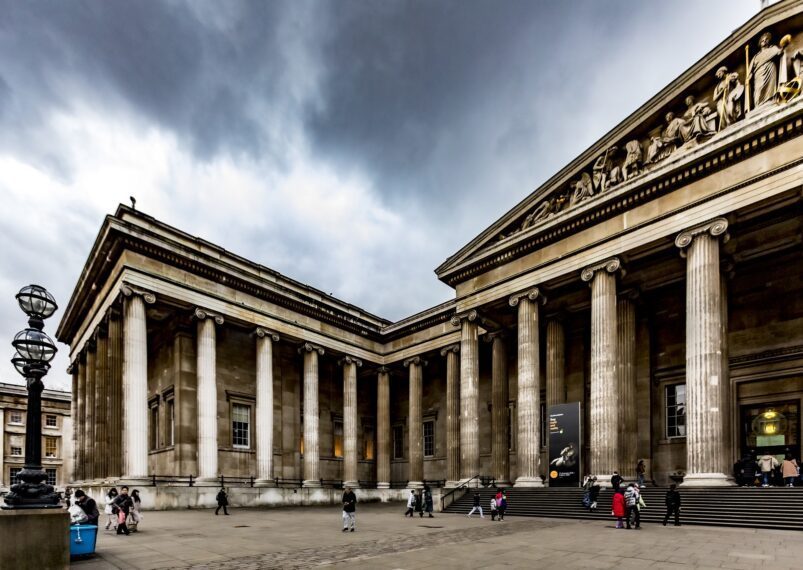Over 300 academics and museum professionals have signed a letter calling for the British Museum to end their partnership with oil company BP. In the same week, Channel 4 News revealed information about the museum’s secret board of advisors that includes a representative from BP, as well as other corporate leaders. This has raised concerns about companies using the cultural and heritage sectors to ‘greenwash’ their brands.
A controversial partnership
This is not the first time in recent years that the museum has come under public scrutiny. In 2021, activists staged a protest at the museum over its links to BP, which was a major sponsor of the ‘Nero: The Man Behind the Myth’ exhibition. The oil company has sponsored many exhibitions at the museum before, and is currently supporting ‘The world of Stonehenge’ exhibition which opened this month.

BP’s agreement with the British Museum is set to expire this year, marking a critical moment for the museum’s relationship to oil and gas companies. British archaeologists Natasha Reynolds and David Wengrow have spear-headed the call through their article published by The Guardian. They say that BP’s plans for reaching net zero carbon goals are insufficient and that the company continues to seek opportunities to extract fossil fuels. The British Museum, in Reynolds’ and Wengrow’s view, is discrediting itself through this partnership.
It’s not necessarily a question of funding: the open letter points out that the oil company’s sponsorship represents a tiny amount of income to the museum, and income that could be found elsewhere. Activist group and acting troupe ‘To BP or not To BP’ calculated that BP’s contribution to the museum’s annual income may be as little as 0.4%. However, it seems likely that the partnership will be renewed: a further Freedom of Information request revealed that the museum had met with representatives from BP multiple times in the past year.
In a similar Freedom of Information request, the London Science Museum was forced to admit the terms of its partnership with fossil fuel company Shell last year. Details of the agreement show that the Science Museum was barred from saying anything that might discredit Shell, who were sponsoring a carbon capture exhibition at the time.
The influence of fossil fuel on culture is not limited to England. Many Dutch museums, including the Openluchtmuseum (the Open Air Museum of the Netherlands), have received funding from Shell or NAM (a major fossil fuel company in the Netherlands). These partnerships are often presented through exhibitions that show fossil fuel companies as innovators, utilising the credibility of museums to hide the sponsors’ on-going involvement in environmental damage.

Critics of ‘greenwashing’ hope that fossil fuel partnerships within the cultural sector will go the way of tobacco sponsorships. The Van Gogh Museum in Amsterdam ended its partnership with Shell in 2018, and many London institutions – including the Royal Shakespeare Company – have also dropped fossil fuel funding.
Who decides on the partnerships?
In the UK, activist groups have made a number of Freedom of Information requests in recent years, looking to investigate if corporations might be influencing key policy decisions at museums.
Campaign group Culture Unstained publicised details via Channel 4 News about a Chairman’s Advisory Group (CAG) which advises policymakers at the British Museum. The CAG appears to be made up of corporate leaders – such as a representative from BP – rather than heritage professionals.
The heavily censored documents released by the museum indicate that members of the group are given confidential information and are allowed to have informal, unaccountable meetings with museum staff. Whilst such an advisory group is not unheard of in the sector, there are worries that the level of both corporate and political involvement in the British Museum is too high.
These concerns are not unfounded: in 2021, former chancellor George Osborne was controversially appointed as Chair of the museum. Critics noted that Osborne was responsible for large budget cuts to culture and heritage during his period as chancellor, and lacks experience in the heritage sector. Furthermore, Osborne’s role at investment advice firm Robey Warshaw may cause a conflict of interest. According to Reynolds and Wengrow, BP is a major client of the firm, which would provide another channel for BP to influence the museum.
Whilst many activists are protesting the museum’s role in defending BP ‘greenwashing’, the documents about the CAG also raise sinister questions about who pulls the strings in the cultural sector – it might not be people with cultural interests at heart.
Read the open letter here, and find out more about Channel 4’s investigation in this video:
Sources: The Guardian and Channel 4 News.

